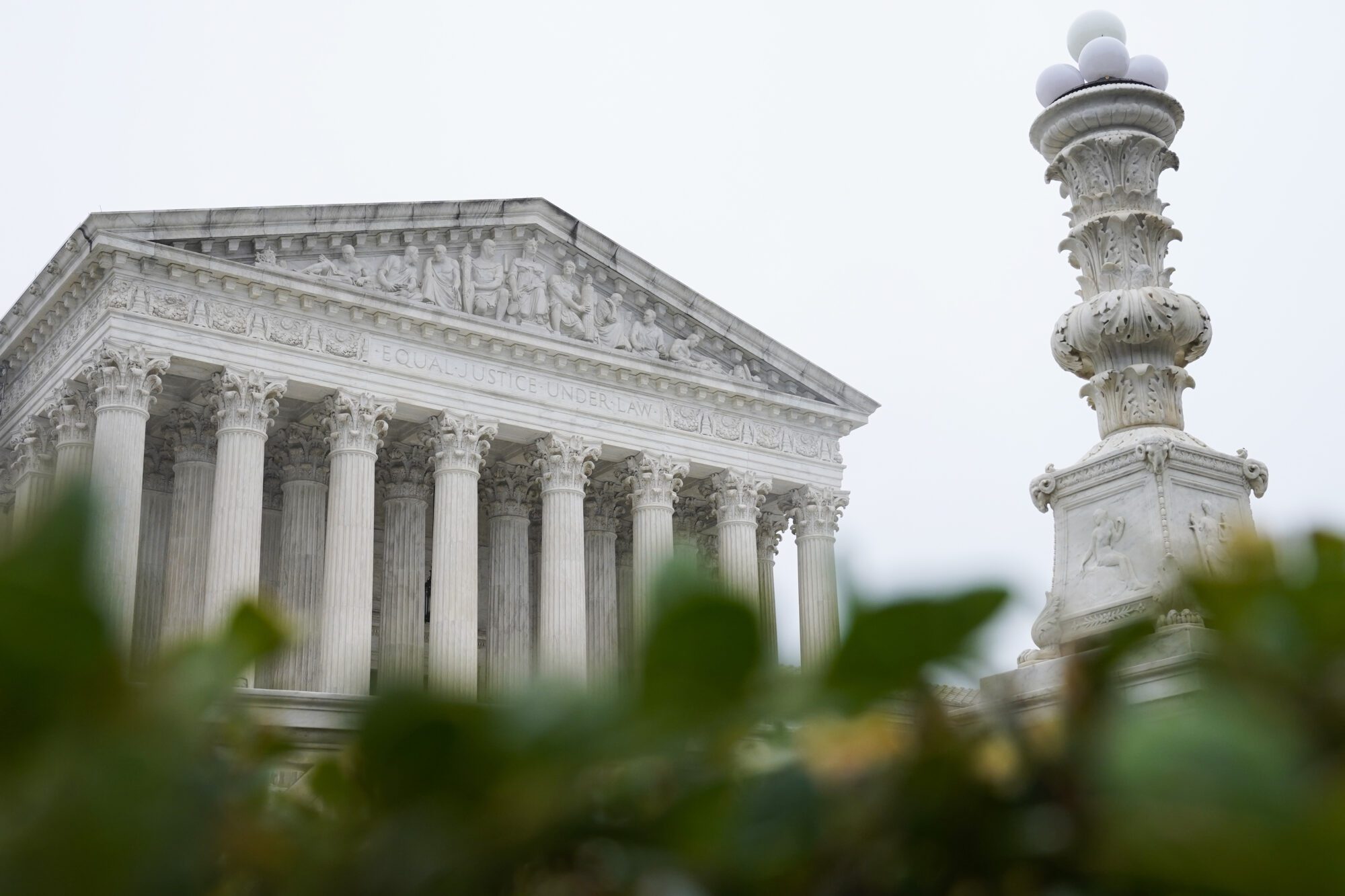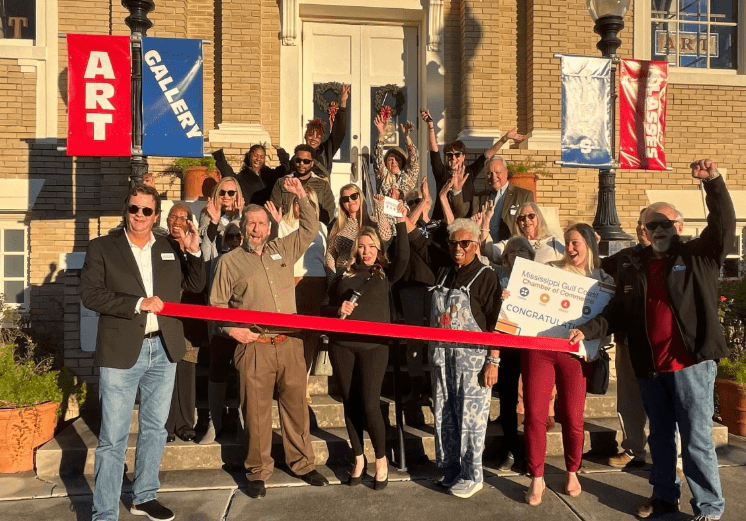With the onset of the so-called “fiscal cliff” only weeks away, the stakes are high for immediate and responsible action in Washington. A devastating combination of tax hikes and defense cuts will go into effect at the end of the year if current law is not changed. At this critical hour, presidential leadership is urgently needed.
The warnings are clear if Congress and the President do nothing. Letting tax rates increase would affect nearly every American taxpayer, and meat-ax cuts to national security programs would jeopardize military readiness and cost jobs. According to the nonpartisan Congressional Budget Office, the severe impact of the “fiscal cliff” would cause another recession, drive unemployment back above 9 percent, and put 2 million jobs at risk.
President Obama has expressed openness to working with both parties to generate revenue through tax reform rather than raising tax rates. I look forward to seeing his specific proposals and beginning the negotiation process to fix the tough problems we face. Despite differences, congressional leaders and the White House described a constructive atmosphere after an initial meeting this month.
Seeking Solutions
Most Americans want a timely and sensible alternative to the upcoming tax hikes and defense cuts. According to a recent poll from the Pew Research Center, 62 percent believe the “fiscal cliff” will have a negative effect on the economy. Credit rating agencies have already said that failing to produce a credible deficit reduction plan could adversely affect our country’s credit rating. Ultimately, a credit downgrade and higher interest rates could make it even more difficult for the government to pay back what it owes.
Looking Long-Term
So far, President Obama has not presented a serious deficit reduction strategy to put the country on a sustainable fiscal path. According to the accounting firm Ernst & Young, the tax increases he seeks would put 700,000 jobs on the line.
I do not believe higher tax rates are a good approach to stabilizing America’s debt over the long term. A better solution is boosting economic growth, which is essential to job creation. Not long ago, the President shared this logic, stating that “the last thing you want to do is raise taxes in the middle of a recession.” He then extended the Bush tax cuts before they expired at the end of 2010 – recognizing that the higher rates would hurt American families and businesses.
The nonpartisan Tax Policy Center recently issued an analysis showing that nearly 90 percent of Americans will see a tax increase unless the “fiscal cliff” is avoided. On average, American households would pay $3,500 more to the government next year. The expiration of many popular reductions are part of the looming tax changes, such as the child tax credit, mortgage-interest deductions, and a reduced marriage penalty for couples filing jointly.
A Bipartisan Model
Part of the upcoming negotiations must include addressing the deficit spending that has characterized President Obama’s first term. Any viable deficit reduction strategy should not overlook the need to cut government waste and deal with the exploding growth of entitlement spending.
Republicans have put constructive ideas on the table that would raise revenues without endangering our country’s economic recovery. Closing unnecessary loopholes and reforming the tax code are two ways to move forward. In recent remarks, House Speaker John Boehner (R-Ohio) pointed to the success of tax reform in 1986, when Republicans controlled the White House and Senate and Democrats controlled the House of Representatives. A bipartisan effort was instrumental in encouraging economic growth then, and the same outcome should be our goal now.
Sen, Roger Wicker’s Office
11/26/12






